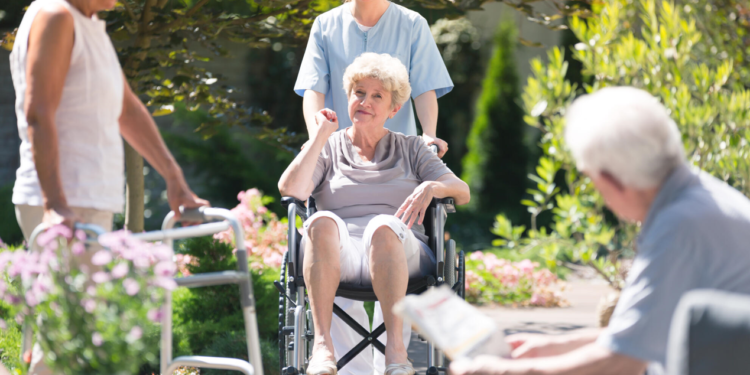Did you know that nearly 58 million Americans are 65 and older?
As our loved ones age, the responsibility of ensuring their health and happiness grows heavier. Many families face the challenge of balancing care with their own lives. They must explore effective solutions that promote the well-being of their seniors.
How can you ensure better lives for seniors with medical needs? In this article, we will discuss practical strategies to help families. Read on to provide better care for seniors with medical needs.
Understand Medical Needs
To provide the best care possible, it’s crucial to assess the medical needs of seniors. Many elderly individuals suffer from chronic conditions. This can include diabetes, arthritis, or heart disease.
Additionally, seniors may experience mobility limitations and cognitive impairments. Understanding these medical needs helps families communicate effectively with healthcare providers. This helps advocate for appropriate treatments and interventions.
Create a Comfortable Living Environment
A supportive living environment is essential for seniors with medical needs. Modifications to their home can lead to increased safety and comfort. This can include:
- installing grab bars in bathrooms
- enhancing lighting
- removing tripping hazards
In addition to making physical modifications, consider accessibility options. Elevators or stairlifts can make multi-story homes easier to navigate. Providing transportation options also helps them maintain social connections.
Professional Support and Resources
Professional help can enhance the care of seniors with medical needs. Healthcare providers offer expertise in managing chronic conditions and promoting health. Private duty nursing care ensures personalized attention, allowing seniors to receive dedicated medical support in the comfort of their own homes.
If you live in Pennsylvania, consider checking the personal care assistance for seniors in Reading. They can provide a range of services to ensure they receive the support they need.
Promote Mental Health
Emotional well-being is as important as physical health. Many seniors struggle with feelings of isolation, especially if they live alone. Encouraging social activities is vital.
Family members can facilitate outings. They can also help seniors connect with community programs designed for their age.
Additionally, technology can play a significant role. Teaching seniors to use video calls or social media can help them stay in touch with family and friends. This reduces feelings of loneliness.
Encourage Independence
While providing care, it’s essential to encourage independence. Many seniors desire to maintain a sense of autonomy despite their medical conditions.
Families can work with seniors to establish routines that promote personal responsibility. Engage them in decisions about their care and daily activities. This can create a sense of control and dignity.
Regular Health Check-ups
Routine medical check-ups are critical for the well-being of seniors. Regular visits can help monitor existing conditions. This can prevent complications and stay updated on new health developments.
By maintaining a schedule of routine visits, families can proactively address health concerns. This also ensures their loved ones receive timely interventions.
Taking Action for Better Lives for Seniors
Ensuring better lives for seniors with medical needs requires a comprehensive approach. It requires a joint effort from families, caregivers, and healthcare providers.
By taking actionable steps, families can enhance the lives of their elderly loved ones. This allows them to thrive despite the challenges they may face.
Looking for more tips and advice? We invite you to explore our other articles to expand your knowledge.






